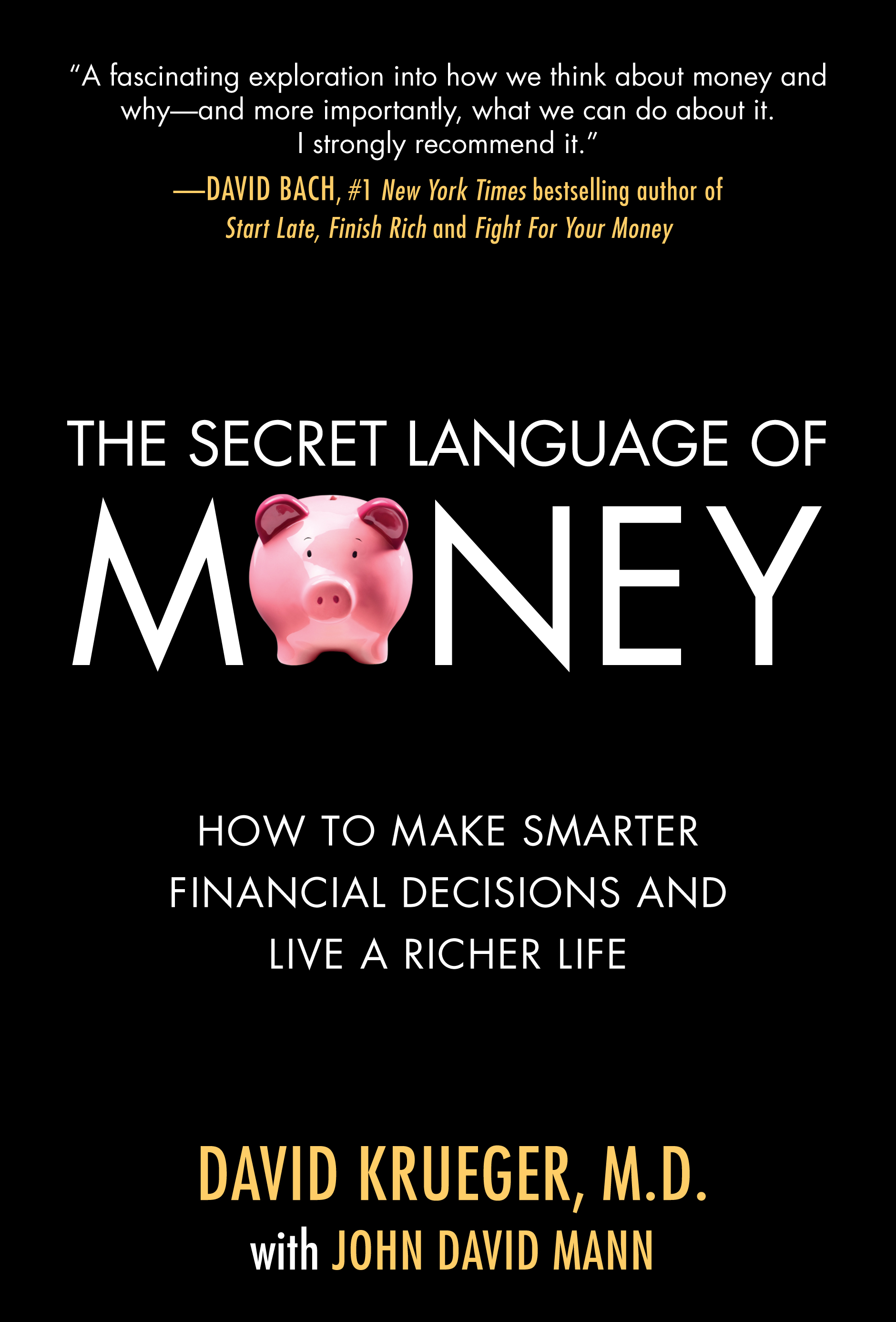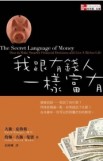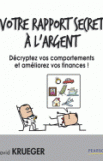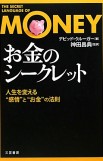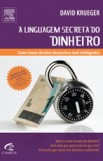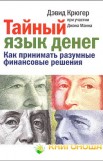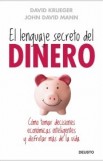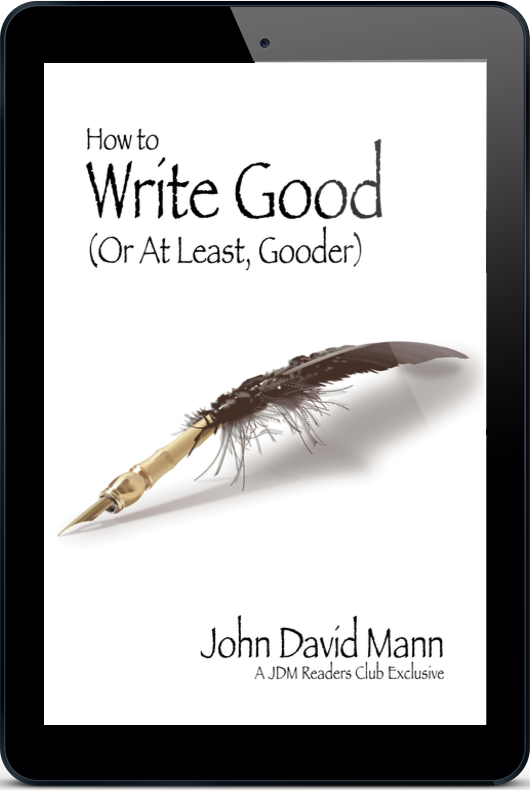The Secret Language of Money
How to Make Smarter Financial Decisions and Live a Richer Life
When Dave Krueger first started submitting his “Your Story” columns to Networking Times (back in the days when I was editor in chief there), I was intrigued. We connected over a few editorial questions — mostly me writing him and telling him how much I was loving editing his stuff — and got to know each other. Turned out, he was working on this really cool idea for a really fascinating book.
You’ve probably already guessed the rest.
On August 6, 2008, we sign a contract with McGraw-Hill. Two days later I meet Dave in person, face to face for the first time, at my amazing wedding. Never has champagne been better timed.
At that same wedding, Dave also met two other people for the first time: Donna DeGutis, my intrepid agent (of the Margret McBride Literary Agency), who midwifed the deal from start to finish; and Dan Clements, my great friend, one-time screenwriting classmate, and now writing partner. Dan and I worked together on the book, and although I get cover credit and he gets only an “Acknowledgments” credit, he contributed a lot and I honestly don’t think the book would’ve happened without his participation.
It was one heckuva wedding — and a year later, the book was written, edited, designed, printed, and ready for your enjoyment.
When you read it, imagine you can hear the clink of the champagne glasses!
Foreign Language Editions
Now also available in these foreign-language editions: Chinese complex (traditional), Chinese simplified (modern), French, German, Japanese, Portuguese, Russian, and Spanish. (Clicking on any cover will take you to the site where you can order that edition.)
Note: a Korean edition is coming soon.
The Secret Language of Money Reviews
“A fascinating exploration into how we think about money and why — and perhaps even more importantly, what we can do about it.”
— David Bach, Start Late, Finish Rich
“Now more than ever, we need someone to help us make sense out of money and the crazy things we do with it. David Krueger is that voice of sanity.”
— John Assaraf, The Answer
“I have been writing about behavioral finance for years and have read a ton of books and papers on the topic. Although several do a fine job of explaining the concepts, this book is the first I’ve seen that offers effective, practical solutions for readers to overcome the problems caused by brain physiology and psychology.”
— Ric Edelman, The Truth About Money, host of ABC Radio’s The Ric Edelman Show
Excerpt from The Secret Language of Money
We say, “Money talks,” but what does it say? The remarkable truth is, it says whatever you tell it to. The wonder of money is that it can represent anything. It’s a stand-in for what we idolize and desire yet fear and lack, for what we covet, crave, spurn, chase or follow. We use money to show how much we care, or how little. We use to it measure success and buy happiness—or try to. We use it to bolster our self-esteem. We use money to communicate.
The challenge is that much of this given meaning is hidden. We may have a perfectly logical reason (or so it seems to us) to want or even need this particular new car, but beneath the surface, an invisible, inaudible, richly nuanced dialogue is weaving a broad tapestry of meaning as to what getting that car (or not getting) that car says about us.
Money does talk. It whispers in our ear, often just below the level of our conscious awareness. Money speaks to us as confidante, seducer, adversary, protector or drug. Money serves as a tangible container for such subjective matters as hope, ambition, love and disappointment. Money whispers of caring, of success, of power, of happiness. Money can become a currency of caring, a symbol of success, a measure of power, a promissory note for happiness, or filler for a sagging sense of self.
The trick is that the secret language of money is just that: a secret, hidden and often inscrutable. And because we don’t speak the secret language of money—the mental, psychological, emotional language that weaves our outward lives—we do very strange things where money is concerned. We make money mistakes, driving ourselves into debt, despair, and depression. We overspend, under-save, and deceive ourselves. We covet what we don’t want, and don’t want what we truly need.
Why do we make these tragic errors? We make money mistakes because we use money to accomplish non-financial goals. We seek to use money the thing to do what no “thing” can: regulate our moods, increase our self-esteem, and control others. We use money to try to soothe emotional pains and buy the respect of others and ourselves. In doing so, we take money the thing and turn it into something more. We give money meaning. We breathe life into it, give it emotional value, build a relationship with it, and make it bigger than it is.
And then something strange happens.
The moment we begin to make money more than the simple, tangible thing it is, more than the coins and papers and paychecks we grasp so well, we stop understanding it. Our clean equation of 100 cents to a dollar begins to spawn new variables that we cannot readily define. Ironically, when we give money meaning, we begin to lose our grip on what it really means.
Money talks, all right, now in shouts and now in whispers. It coaxes and promises, inspires and motivates, threatens and persuades. Yet unless we train ourselves to understand this secret language of money, we hear and understand only a fraction of what it has to say. And so we do the oddest things with our money, and are shocked and dismayed at the results. Intelligent people spend money they don’t have. Sophisticated people get scammed. Rational people trade in their leisure time for money—in hopes of eventually buying back some of the very time they just forfeited. We use money to try to buy love, happiness, power, prestige, approval or self-worth, and often find ourselves ending up in the opposite state from the one we sought.
